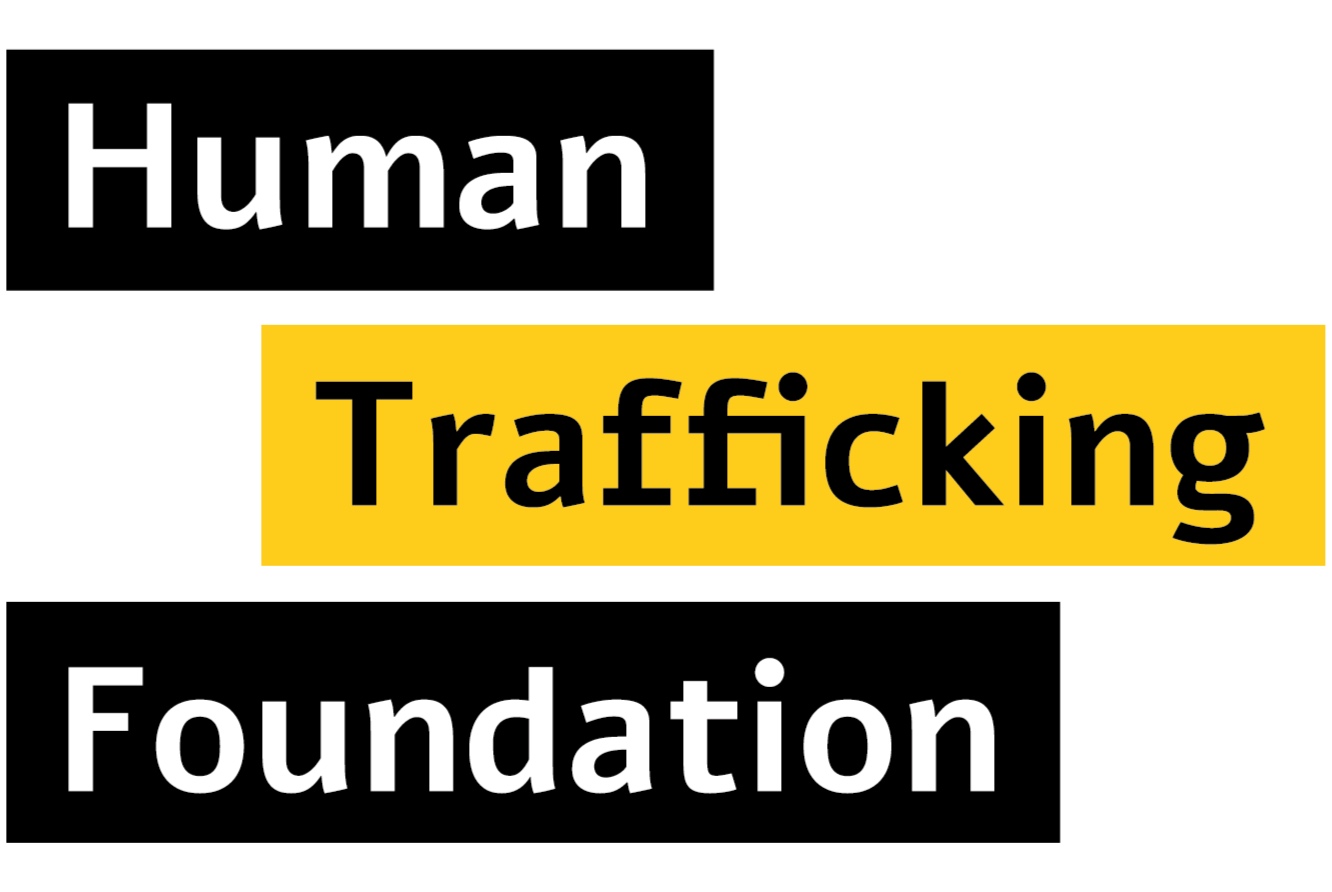Under the Modern Slavery Act 2015, ‘First Responders’ have a ‘duty to notify’ the Secretary of State (Home Office) if they come across suspected victims of modern slavery. This duty is carried out by making a referral to the National Referral Mechanism (NRM) for children and consenting adults, or by completing the NRM form anonymously if an adult victim does not give informed consent.
The Human Trafficking Foundation holds annual webinars for First Responders across the UK, which take an in-depth look at what the NRM is, what makes a good NRM referral and how the decisions are made.
2024
(Where slides were used in the webinar, these can be accessed by clicking the links below)
What the NRM is & Role of the First Responder - Lauren Clarke, Home Office (Modern Slavery Unit)
NRM Referral Process - Georgia Glenny and Paulos Amine, The Salvation Army
Decision-Making Process in the NRM - Sarah Jenkinson, Home Office (Single Competent Authority)
Trauma Informed NRM Referrals - Mikki (Lived Experience Expert)
Q&A
A list of commonly asked questions that were not answered during the Q&A session
2023
(Where slides were used in the webinar, these can be accessed by clicking the links below)
What the NRM is & Role of the First Responder - Ann-Marie Douglas, Contract Director, The Salvation Army
NRM Referral Process - Russell Bramley, Modern Slavery Unit, Home Office
Decision-Making Process in the NRM - Charlotte Tovey, Immigration Enforcement Competent Authority
Trauma Informed NRM Referrals - Dragana Wright, Counter-Trafficking Casework Manager, Helen Bamber Foundation
Q&A
A list of commonly asked questions that were not answered during the Q&A session
RESOURCES
Glossary & Useful Resources
A glossary of key terms and links to resources that you may need to be able to submit a good quality NRM referral
